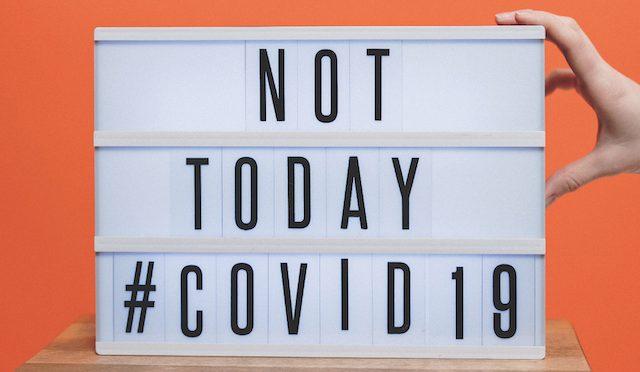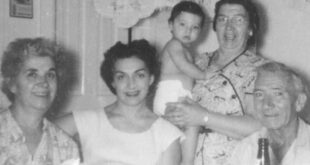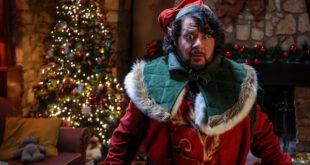To many Americans, COVID-19 is an abstract ailment with unknown victims. Some even feel that it has brought our economy to a screeching halt for purely political reasons. They’ll argue it’s little more than the common flu, which claims tens of thousands of lives annually without the same fanfare. As a COVID-19 survivor, I’d like to offer a firsthand account along with some advice on how we can safely live with this virus and respect each other while awaiting a vaccine.
COVID-19 is so insidious. It can catch you unawares, and once it gets hold of you, it can hang on until all you can do is pray that you’ll survive. I was taking every recommended precaution, but in the days before Easter, I briefly let my guard down during an encounter with a person with a cough. On Easter morning, I felt fine, arising at 5 a.m. to make calzone to distribute to my family, including my 91-year-old mother. Thank God I exercised all the rules of social distancing because of what came next.
Two days later, I developed aches, a late-night fever and the headache from hell. A visit to the doctor assured me that I was negative for COVID-19, but over the next two days, the headaches and fever worsened, and were accompanied by gastrointestinal distress. I soon developed a strange, metallic taste as the fever continued to take its toll. I even hallucinated on one particularly challenging night as I sweated through my bedding. I eventually lost my sense of taste and began coughing.
At the urging of my family, I headed to the emergency room, where a blood test and chest X-ray indicated that I had COVID-19. I was sent home to convalesce in self-quarantine. My son sent supplies, but no one could safely visit me. As much as I tried to fight the virus myself, my health declined. Two days later, my daughter in Pittsburgh ordered me groceries for delivery, but when I got in the elevator to retrieve them (fully masked, of course), I was surprised to find that I could hardly breathe, and I thought I would collapse!
I washed and put away my food, paid my monthly bills and headed off again to the hospital emergency room, unsure when — and maybe if — I would return. Yes, I was of an at-risk age, but I was healthy with no underlying conditions. I climbed a 14,000-foot mountain the year before, exercise almost daily and am an avid cyclist. How could I have declined at such a frightful pace?
Tests revealed that I was now suffering from COVID-19 plus double pneumonia, which the coronavirus had ushered in. I was admitted for a four-day stay during a time when hospitals nationwide were overrun with COVID-19 patients. I was grateful to get a bed. Thanks to the expert care of the hospital staff, who bravely expose themselves daily to infected patients like me, I steadily improved, needing only oxygen and not a ventilator. I was told the result would have been much worse had I not been in such good health to begin with. It took me more than a month to recover.
“A mali estremi, estremi rimedi.” (Extreme conditions require extreme remedies.) It’s absolutely crucial that we open the economy and get back to work, but it’s just as important that we vigilantly maintain recommended safeguards if we’re to avoid a spike in the virus and a fourth-quarter shutdown, which would be even more devastating. We all know the rules, but they bear repeating. When you go out in public, stay at least 6 feet away from others and always wear a mask and gloves, being careful never to touch your face. When you come home, toss or wash your mask and gloves, depending on whether they’re reusable, and wash your hands for 20 seconds in warm water. I take the added precaution of showering and washing the clothes I was wearing when I return. Similar precautions should be exercised when entertaining guests. Let’s be smart and respectful in navigating these strange waters together.
The above appears in the July 2020 issue of the print version of Fra Noi. Our gorgeous, monthly magazine contains a veritable feast of news and views, profiles and features, entertainment and culture. To subscribe, click here.
 Fra Noi Embrace Your Inner Italian
Fra Noi Embrace Your Inner Italian







